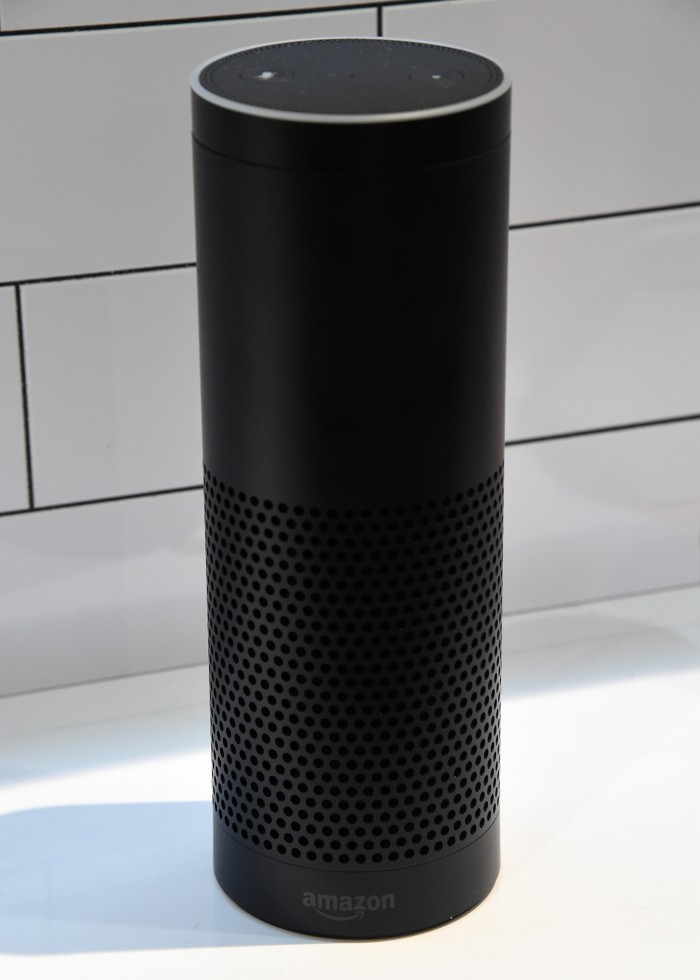Alexa, Talk Some Sense, Will You?
Amazon’s voice-controlled computer, Alexa, can be surprisingly useful for simple tasks like checking the weather or listening to a song. But it’s hardly a great conversationalist.
A new $2.5 million prize announced by the e-commerce giant Thursday is meant to help make Alexa a bit chattier. Winning the prize, however, will require a pretty significant leap in machine understanding of language.
Amazon wants researchers to develop apps to make Alexa capable of talking about a range of topics. The company will sponsor a number of research teams with $100,000 each, and will award $500,000 to the best bot of the lot. A further $1 million prize will be given if any team is able to develop a bot that can hold a conversation for 20 minutes. Various datasets will be made available for participants, including the full archive of the Washington Post, which is owned by Amazon’s CEO, Jeff Bezos.

It’s an interesting contest, and it comes at a time when significant progress is being made in natural language processing using the latest machine learning techniques such as deep learning. Earlier this week, Google announced an impressive milestone in language translation, with a system that can translate some text just as well as a human can. That’s a huge deal, because translation relies not only on vocabulary but also syntactic understanding, which is a lot harder to encode into a machine.
Still, language remains extremely difficult for machines because of its complexity, ambiguity, and the way it taps into common sense. A recent contest involving ambiguous sentences showed that machines are still a long way from matching a person’s ability to instantly decode that ambiguity.
In other words, don’t expect Alexa to talk your ear off anytime soon.
(Read more: “Google’s New Service Translates Languages Almost As Well As Humans Can,” “AI’s Language Problem,” “A Tougher Turing Test Exposes Chatbots’ Stupidity”)
Keep Reading
Most Popular
Large language models can do jaw-dropping things. But nobody knows exactly why.
And that's a problem. Figuring it out is one of the biggest scientific puzzles of our time and a crucial step towards controlling more powerful future models.
How scientists traced a mysterious covid case back to six toilets
When wastewater surveillance turns into a hunt for a single infected individual, the ethics get tricky.
The problem with plug-in hybrids? Their drivers.
Plug-in hybrids are often sold as a transition to EVs, but new data from Europe shows we’re still underestimating the emissions they produce.
Stay connected
Get the latest updates from
MIT Technology Review
Discover special offers, top stories, upcoming events, and more.